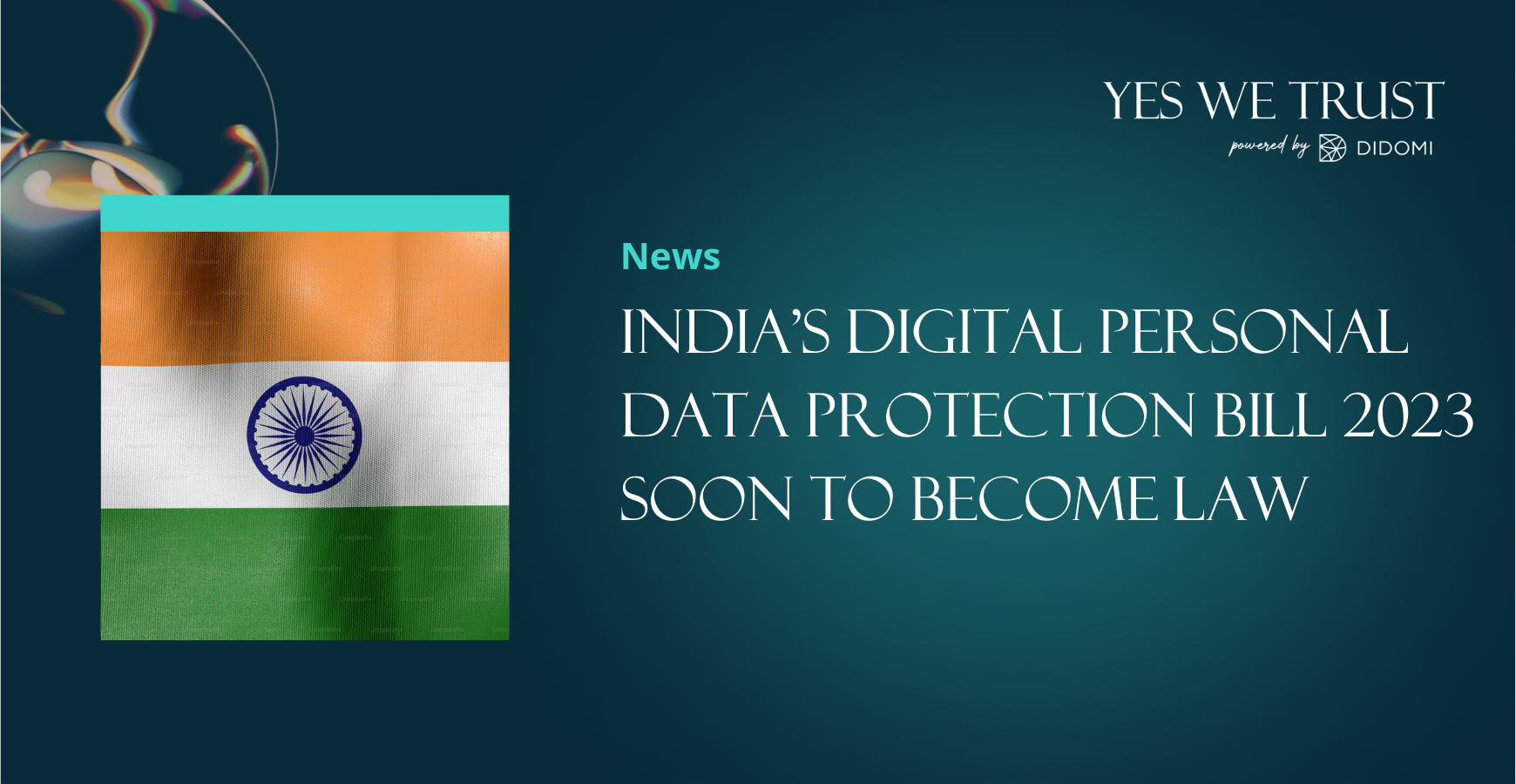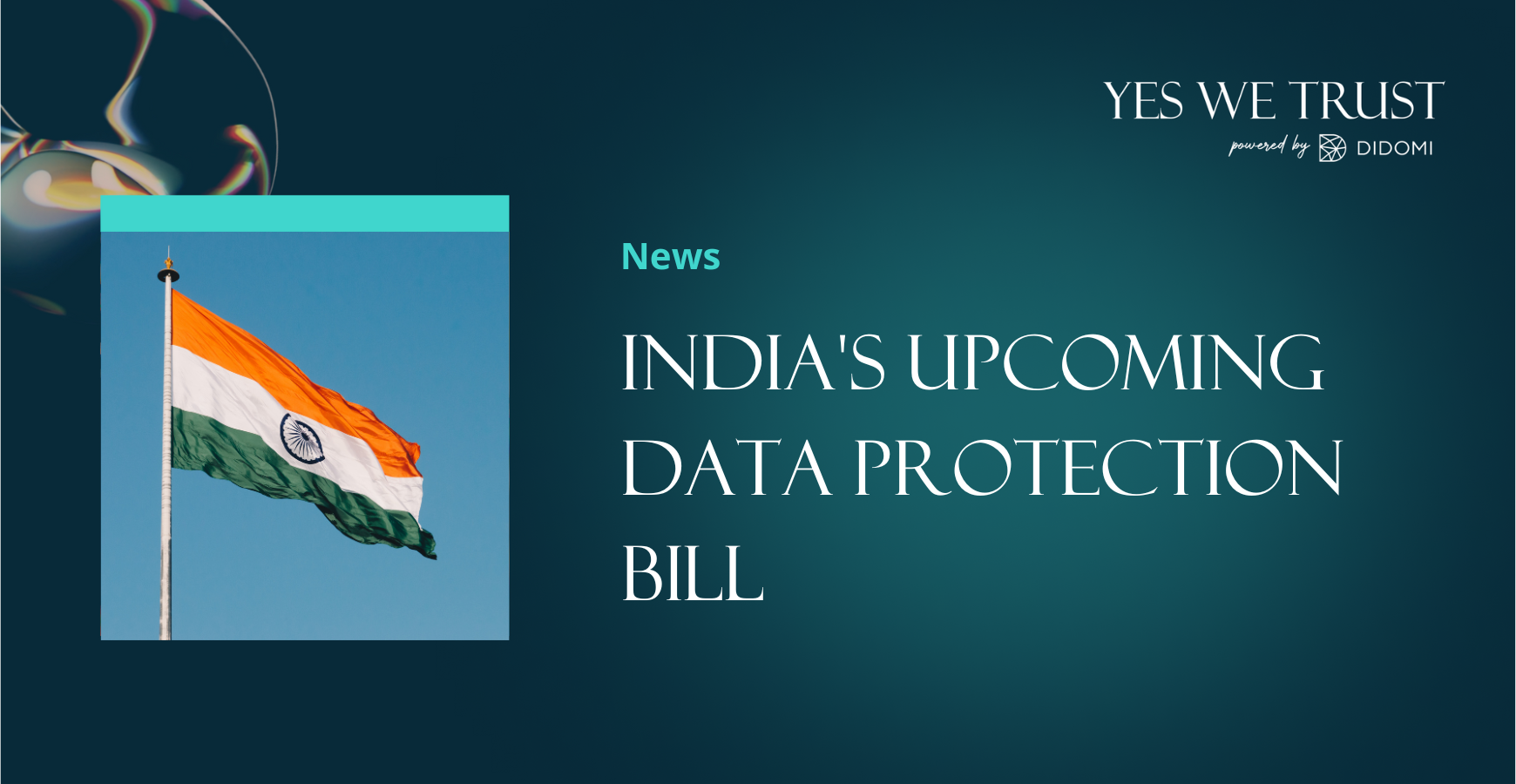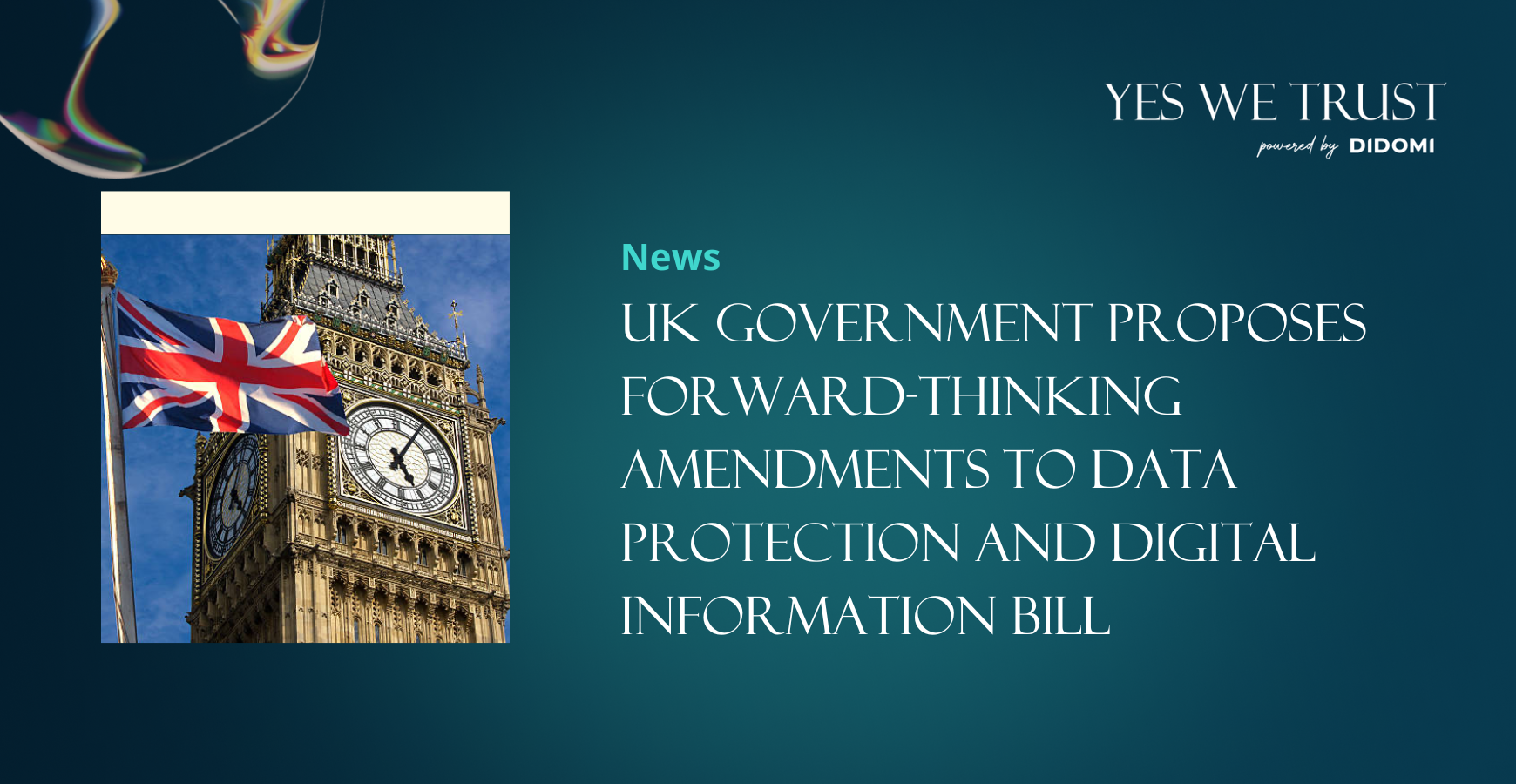Summary
|
August 14th update: The bill was signed by President Droupadi Murmu on August 11th and has now come into law. |
This month marks a revolutionary movement in India. Yesterday, Rajya Sabha, the upper house of the bicameral Parliament of India, passed India’s Digital Personal Data Protection (DPDP) Bill 2023. The Bill was introduced last week to the lower house, Lok Sabha, by the Union Government (also called “The Centre”) led by Prime Minister, Narendra Modi.
|
"Thanks to all the stakeholders who engaged in the extensive consultations and all the hon’ble members of both the houses of Parliament for giving this landmark DPDP Bill to the nation." - Ashwini Vaishnaw, Member of Indian Parliament (Source: Twitter) |
The Digital Personal Data Protection Bill 2023’s main goal is to create a complete system for safeguarding personal information. This system applies to personal data gathered in India, whether it's collected online or offline and then turned into digital form. Also, if data is handled outside India but involves giving things or services to people in India, the rules of the Bill will still be used.
|
"This new Bill after it is passed by Parliament, will protect the rights of ALL citizens, allow the innovation economy to expand, and permit Govt's lawful and legitimate access in national security and emergencies like pandemics and earthquakes, etc." - Rajeev Chandrasekhar, Mos for Electronics and Information Technology (Source: LiveMint) |
Some notable provisions of the bill include:
-
Firms dealing with user data must protect personal data even if it is stored with a third-party data processor
-
In case of a data breach, companies must inform the Data Protection Board (DPB) and users
-
Substantial penalties, ranging from a minimum of Rs 50 crore to a maximum of Rs 250 crore, for those found violating its provisions
-
The Centre retains the power to restrict the transfer of personal data to any country or territory outside India
The DPDP bill is poised to become law after President Draupadi Murmu grants her assent to it. It would be a major milestone for India's 1.4 billion consumers and the data privacy industry in general.
What do you think about the new 2023 Bill? Join the conversation in our Yes We Trust community, a free discussion group for data privacy professionals and enthusiasts, on LinkedIn:







